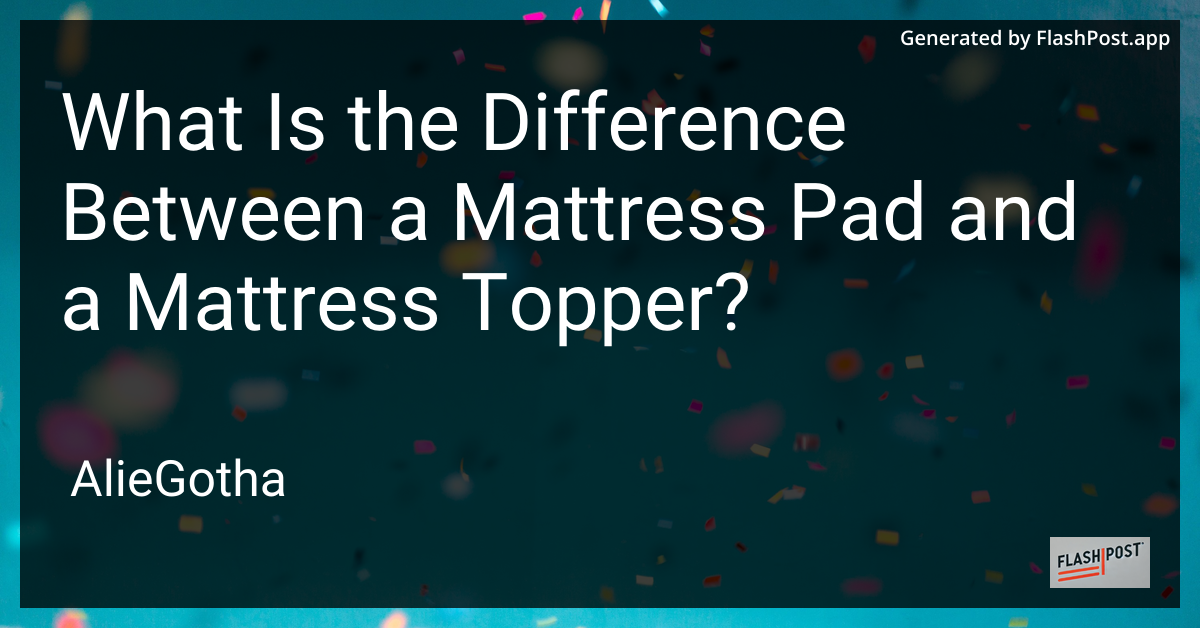

How to Handle Json Data in Golang in 2025?
Handling JSON data efficiently is essential for modern web applications, microservices, and APIs. Golang, with its strong typing and efficient concurrency model, continues to be a popular choice for developers working with JSON. This article will walk you through the best practices and techniques to handle JSON data in Golang in 2025.
Understanding JSON in Golang
JSON (JavaScript Object Notation) is a lightweight data interchange format that’s easy for humans to read and write. Golang’s standard library includes robust support for JSON with the built-in encoding/json package. This package offers both efficient marshalling (converting Go objects to JSON) and unmarshalling (converting JSON to Go objects).
Setting Up Your Golang Development Environment
Before diving into handling JSON data, ensure that you have a proper Golang development environment set up. If you’re just starting, or need a refresher, check out this comprehensive guide on setting up your Golang development environment.
Marshalling and Unmarshalling JSON in Golang
Marshalling JSON
To convert a Go struct into JSON, use the json.Marshal function. Here’s an example:
package main
import (
"encoding/json"
"fmt"
)
type User struct {
Name string `json:"name"`
Email string `json:"email"`
}
func main() {
user := User{"John Doe", "john.doe@example.com"}
userJSON, err := json.Marshal(user)
if err != nil {
fmt.Println("Error marshalling JSON:", err)
return
}
fmt.Println(string(userJSON))
}Unmarshalling JSON
Unmarshalling involves converting JSON data back into a Go struct using json.Unmarshal:
package main
import (
"encoding/json"
"fmt"
)
func main() {
userJSON := `{"name":"John Doe","email":"john.doe@example.com"}`
var user User
err := json.Unmarshal([]byte(userJSON), &user)
if err != nil {
fmt.Println("Error unmarshalling JSON:", err)
return
}
fmt.Printf("Name: %s, Email: %s\n", user.Name, user.Email)
}Best Practices for Handling JSON in Golang
- Use Struct Tags: Leverage JSON struct tags to control serialization and deserialization. It helps maintain consistency between JSON keys and struct field names.
- Handle JSON Errors: Always handle errors from
MarshalandUnmarshalto prevent runtime panics. - Use Custom Types: For complex JSON structures or non-standard types (e.g., Unix timestamps), consider using custom types with bespoke Marshal/Unmarshal methods.
- Keep Dependencies Updated: Regularly update your libraries and dependencies to keep up with the latest security patches and performance improvements.
Testing JSON Handling Code
Writing tests for your JSON handling logic is crucial to ensure your code behaves as expected. Explore best practices for efficient code testing in Golang to maintain high code quality.
Advanced Techniques with JSON
As your applications become more complex, you might need advanced patterns such as streaming JSON parsing for large payloads, or using third-party libraries for enhanced functionality. To further refine your Go skills, consider learning about parallel processing and patterns like queues in Golang for scalable applications. Check out this guide on implementing a queue in Golang.
Conclusion
Handling JSON data efficiently is a core skill for any Golang developer in 2025. By mastering the basics of marshalling and unmarshalling, following best practices, and continuously learning new patterns, you can build robust and high-performance applications.
Whether you’re just setting up your Golang development environment or exploring advanced Golang programming techniques, the ability to manage JSON data proficiently will set you apart as a developer.
